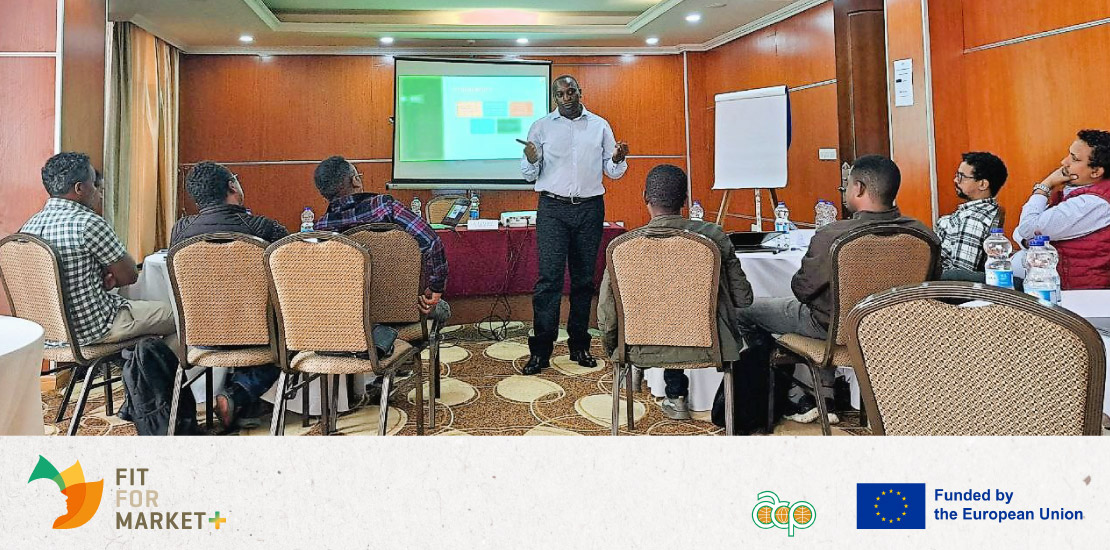Ethiopia: Rapid assessment of the SPS system
- 22/05/2023
- Posted by: Sandra Borma
- Category: Corp EN, Ethiopia, News

Ethiopia has one of the fastest-growing economies in Africa and is home to the second largest population (about 100 million people) after Nigeria in Africa. The total area of the country is 1.12 million km2. Agriculture contributes 45% of the Gross Domestic Product and employs more than 80% of the population. In the 2014/15 financial year, 75% of export earnings were generated from Agriculture.
The role of the government is therefore crucial in creating a conducive environment for business and investment through the creation of favourable policies and incentives. This could include, among others, facilitation of financing and land allocation to investors, in addition to tax incentives in the importation of farm machinery, inputs and equipment. Ethiopia has gained traction in the horticultural sector; the federal government is aiming to expand and diversify market outlets. The European markets are emerging as a priority destination for Ethiopian produce – the Middle East markets, China and other regional destinations in Africa are also important. However, recognising the need to transform the horticultural sector towards high-value production and improved agro-industry, the sector has introduced basic transformation changes as an intervention.
COLEAD has partnered with the Ethiopian Agricultural Authority (EAA) with the aim of setting up effective SPS systems. SPS systems and activities in Ethiopia are the responsibility of the state. In this partnership, COLEAD and EAA are assessing the national SPS system in Ethiopia using the COLEAD Rapid SPS Assessment Tool (R-SAT) methodology, which is intended to focus on food safety and plant health control systems within the avocado value chain. The approach used was conducted in a step-by-step sequence of activities together with a technical working group drawn from both public and private stakeholders.
The R-SAT provides a practical, step-by-step guide to assist African, Caribbean, and Pacific countries in their assessment of national SPS systems to strengthen them to meet international standards and regulations. The aim is to facilitate the development of a national priority action plan to strengthen SPS systems, which is firmly anchored on a common strategic vision agreed by all stakeholders. The R-SAT is considered as an integrated change management model to facilitate dialogue and engagement among key SPS stakeholders.
This activity is supported by the Fit For Market Plus (FFM+) programme, implemented by COLEAD within the Framework of Development Cooperation between the Organisation of African, Caribbean and Pacific States (OACPS) and the European Union.
This publication is supported with the financial support of the EU and the OACPS. Its contents are the sole responsibility of COLEAD and can under no circumstances be regarded as reflecting the position of the EU or the OACPS.





